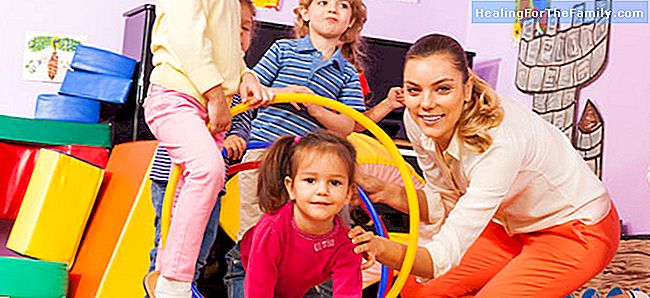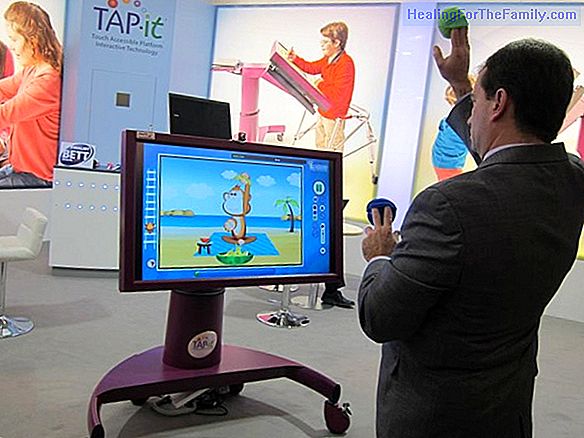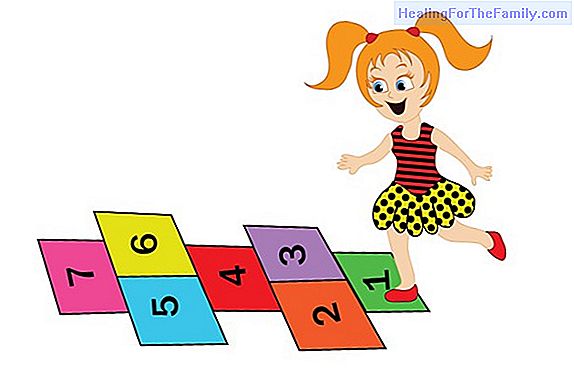The importance of school play
Play is a mental and physical activity that favors the development of children in a comprehensive and harmonious way. Play will offer children thousands of possibilities to achieve their development as research, create, have fun, discover, fantasize or hope. Thanks to these actions the child manages
Play is a mental and physical activity that favors the development of children in a comprehensive and harmonious way. Play will offer children thousands of possibilities to achieve their development as research, create, have fun, discover, fantasize or hope. Thanks to these actions the child manages to get in touch with the world in a satisfactory way. But what role does he play in the classroom? What is the importance of playing at school? The game in the school
Today

the game in the school is decisive since it contributes to the intellectual, emotional and physical development of the children. - Intellectual development
. The mental activity that occurs through the game is continuous, that's why the game involves creativity, imagination and exploration. The child creates things and invents solutions to the problems that arise through the game. In addition, the child learns to focus his attention on what he does, memorize and reason among others.- Emotional development.
With the game at school there are situations in which the child learns to control their feelings and solve their emotional problems. - Physical development.
The child through the game runs, jumps, climbs, goes up and down. Thanks to this he learns to control his own body and to coordinate his movements. In short, the game helps to achieve optimal progress in these three fundamental areas of development so that the child becomes a social being and finds its place in the world.
- Social development.
With the incorporation of the child into the group thanks to the development in the other areas, the relationship and cooperation of the child with their peers and their authority figures is facilitated. Thanks to this, language is developed and perfected through the game. In addition, group games in which certain roles are assumed and imitated adults (symbolic game) help to learn behaviors, rules and social habits important for the future. The teacher's role in school play
The teacher must take into account that school play is the fundamental activity of the child and that thanks to it he is able to express himself and develop physically, psychically and socially. You must also understand the evolutionary moments in which the child is.
The role that must be acquired is that of animator of the game and even be a player.
Your role will be characterized by guiding, giving ideas and encouraging children during the game. This way of acting on the part of the adult will be far from directive, organizational, serious and tax positions since the child must see in his teacher someone who can go with a more relaxed attitude. In order to carry out this role optimally, the following must be taken into account:
- The design of the space.
The space must be safe, stable and quiet. The classroom must be structured in such a way that spontaneous and free play can be given, as well as the game with norms and educational purpose in small groups and the whole group. - The material for the game.
The material used will be the "pretext" by which the game will be given. These must have characteristics that favor divergent thinking and creativity. - The organization of game times.
The time must be organized in such a way that each type of game can be given: individual, in pairs, in groups, structured, free. All of them bring benefits to the child and that is why they all have to appear. - The attitude of the teacher.
The position of the teacher must be discreet, observant and act as a driver of the game. For this, it must create a relaxed and permissive climate where the child can express himself respecting the norms and the teacher must accept the mistakes that the children make as normal within the process of their development.












